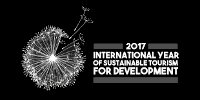Live an ancestral experience with the backdrop of Kilimanjaro where the wildest nature meets the Maasai warriors’ culture, all the while protecting what you are enjoying
Campi ya Kanzi truly is a "Camp of the Hidden Treasure”, created as a true partnership with the Maasai people: A community-run boutique ecolodge, on Maasai community land, employing local Maasai people, paying tourism revenues locally and supporting a community trust.
In the volcanic deep cloud forests of Kenya’s Maasai Chyulu Hills, a natural corridor between Tsavo and Amboseli National Parks with the foothills of Kilimanjaro just 35 miles away, Campi ya Kanzi offers the romance of great safaris, stunning views, incredible wildlife, the luxury of top hotels and fine dining of 5 star restaurants, all the while protecting the community, culture and environment in which you’re immersed.
Campi ya Kanzi is the tourism arm of its partnered NGO (Non-Governmental Organisation, not-for-profit), the Maasai Wilderness Conservation Trust, both founded by Luca Belpietro.
Campi ya Kanzi offers the luxury of a retreat from the hectic modern world, sundowners overlooking Kilimanjaro, safari with the privilege of a Maasai tracker in wilderness with no other lodges around, energy and water from the elements, and precious memories in a unique place with special hosts for a very exclusive and personal experience and life-changing soul journey.
Plus! Families can combine a stay with Chyulu Club, the first carbon-negative and zero-emissions lodge in Africa. A truly transformative experience for young people and their families interested in eco-tourism and discovering other cultures, at Chyulu Club, the journey is just as important for the children as it is for the parents. Experienced staff takes care of the children during the day while they follow the pedagogical programme. In the evening, children and parents get together for dinner to share stories (alternatively, a joint programme can be designed for parents and children).
Be an Earth Changer:
Stay at unique Campi ya Kanzi and support the Maasai Wilderness Conservation Trust.
An inspiring, sustainable, Maasai community safari lodge experience.
Recommended length of stay: 5 to 7 days for a real taste
Enquire with us and we connect you directly to the destination so locals benefit more.
Earth Changers Plus: Book through us to receive a full sustainability tour of the MWCT headquarters and its work in ecotourism, REDD+ carbon, education, livelihoods, conservation & health
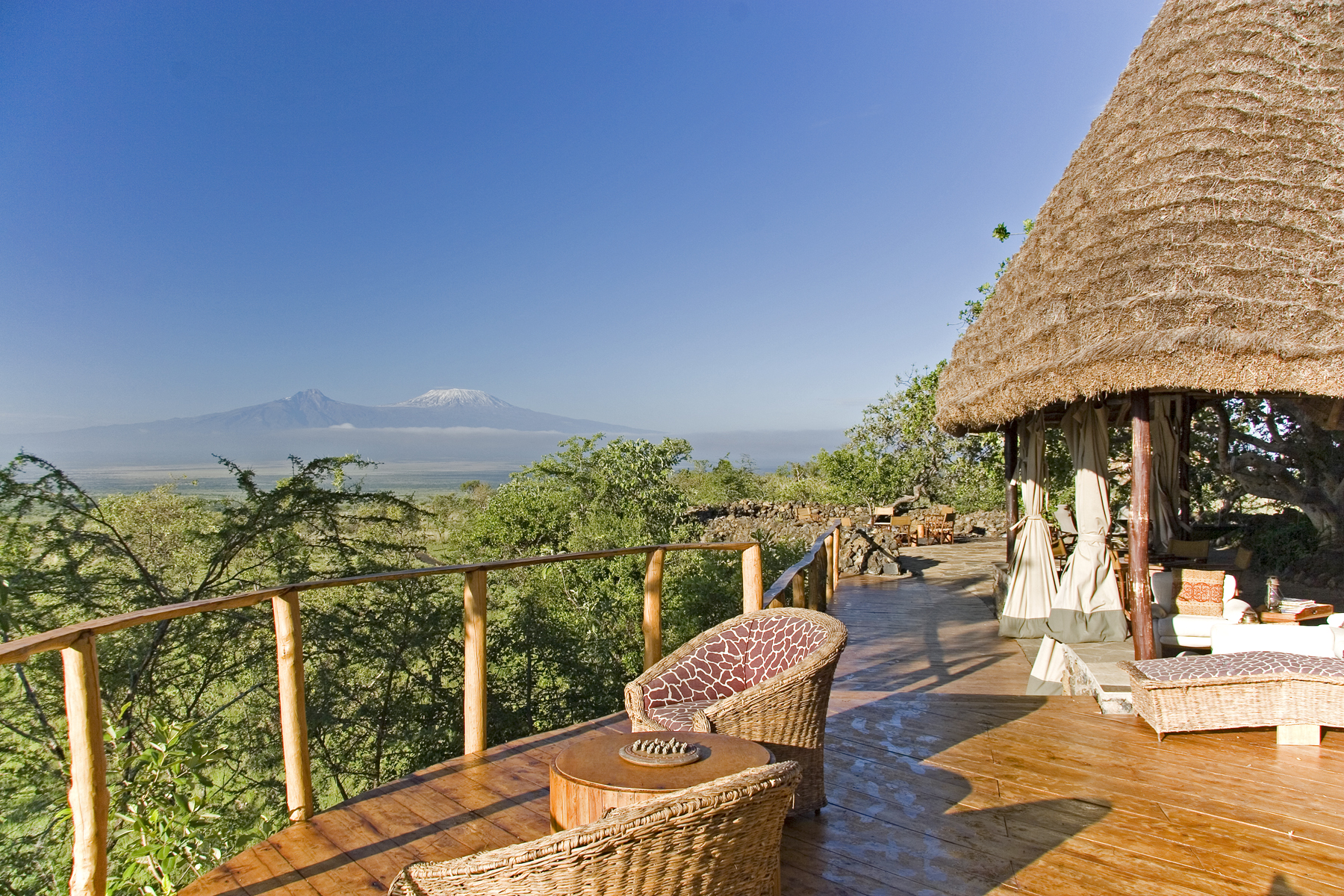
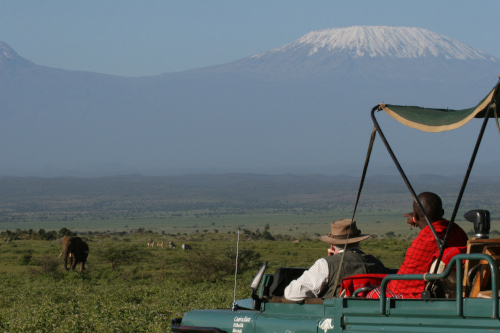
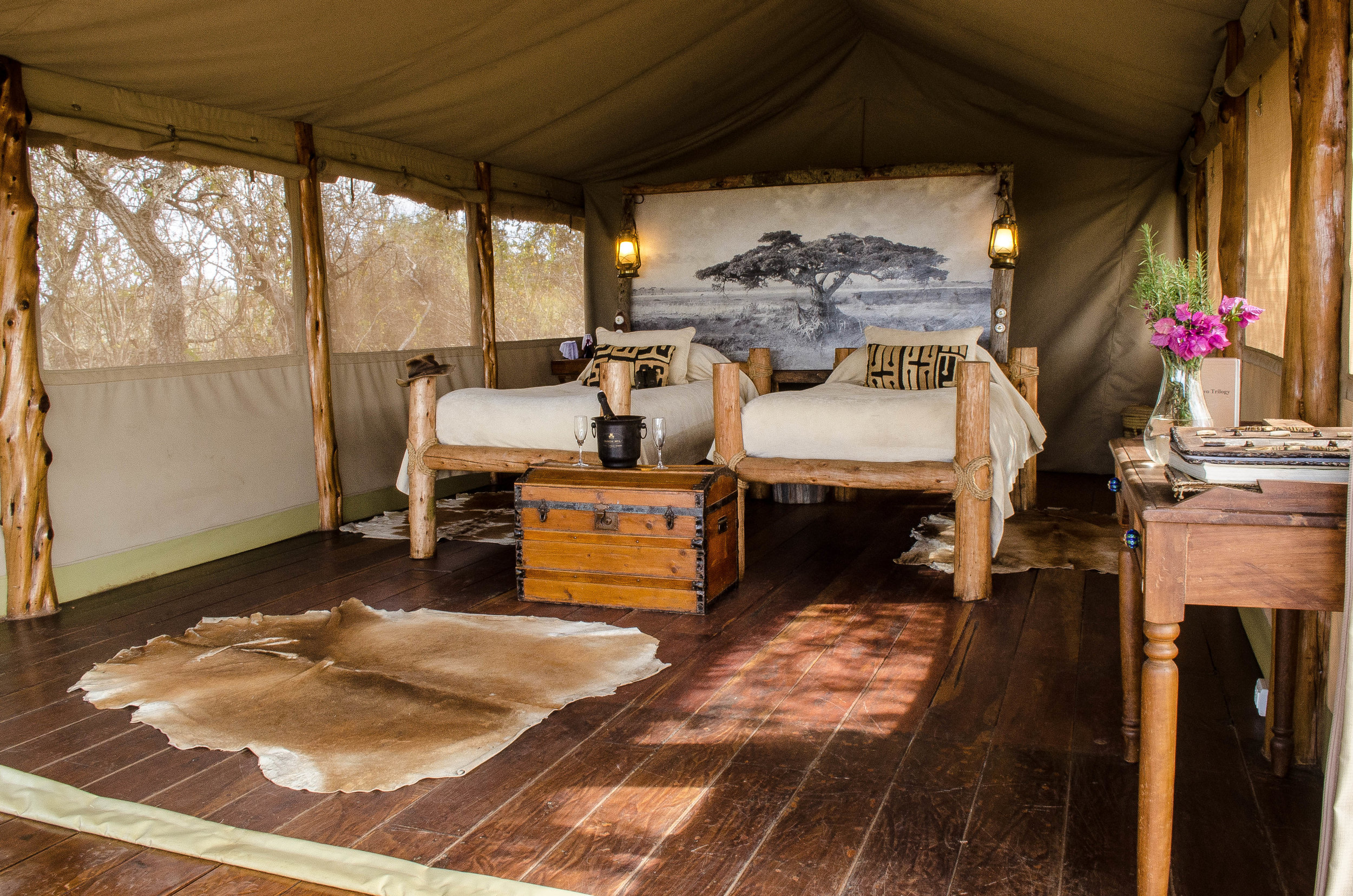

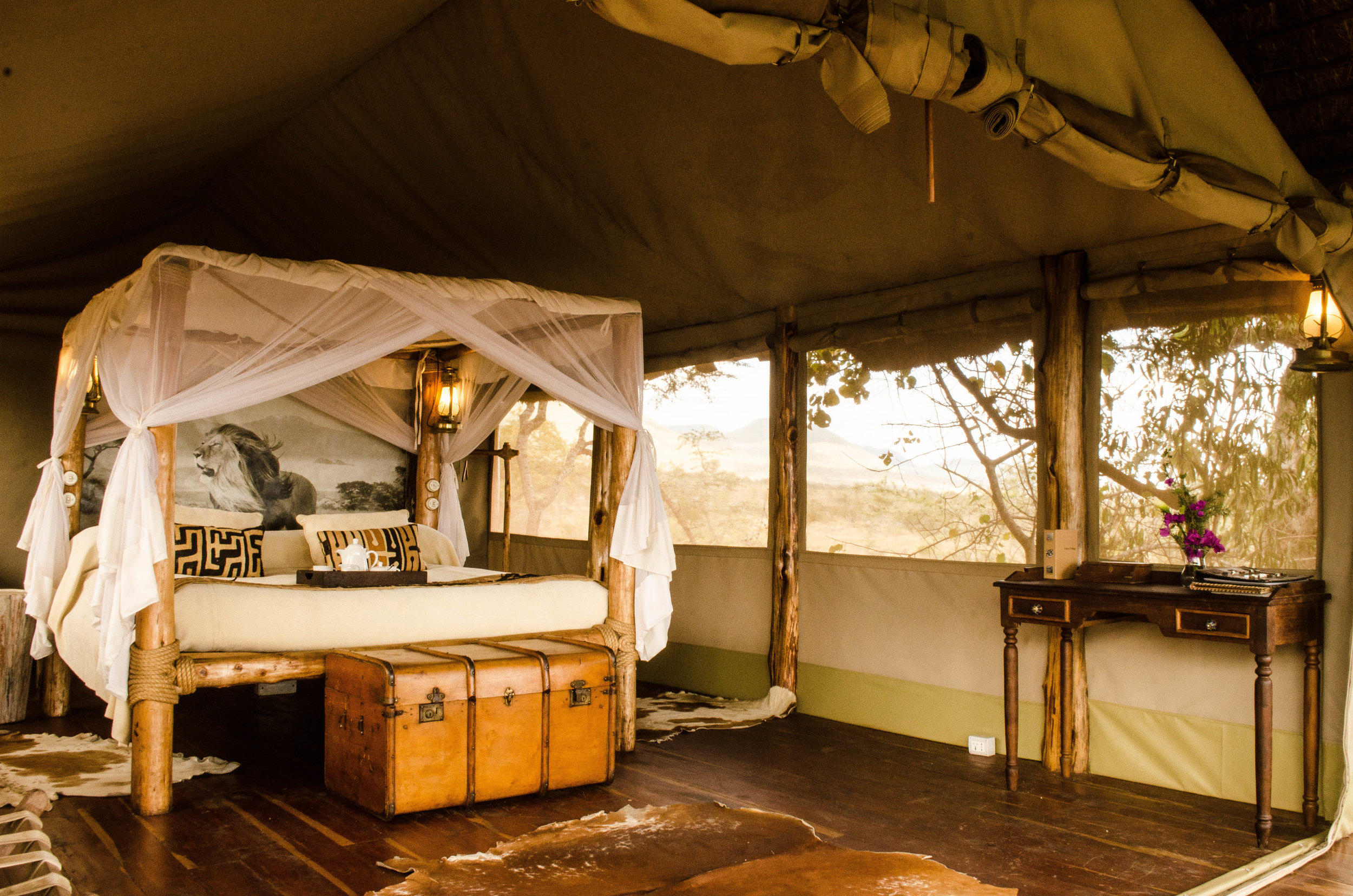
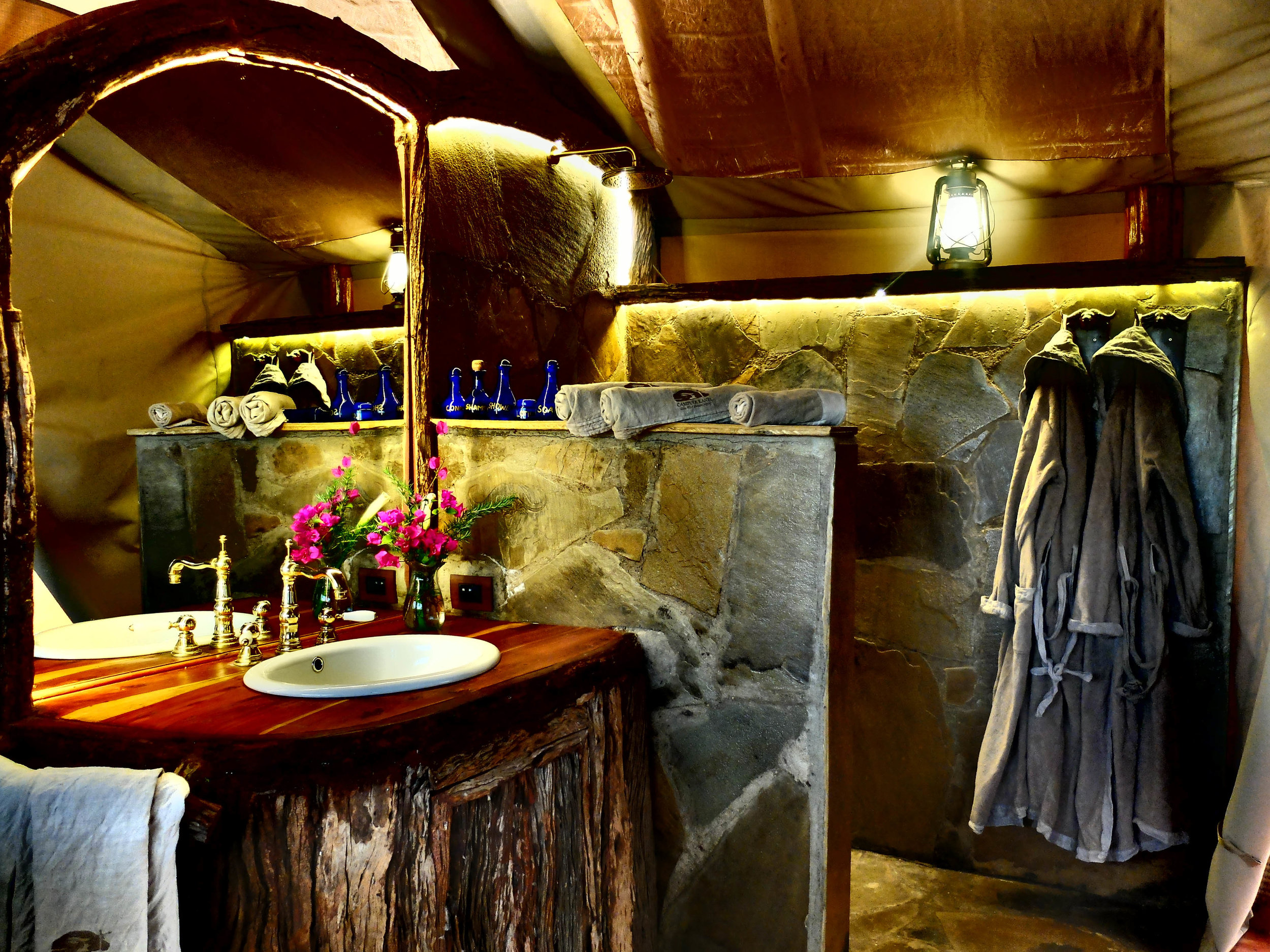
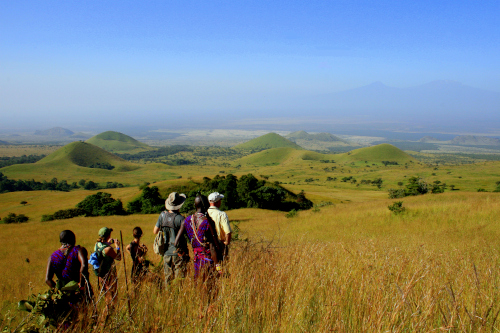
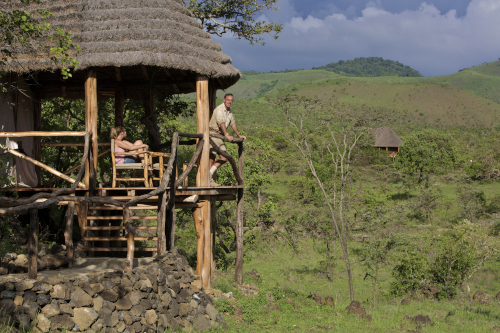
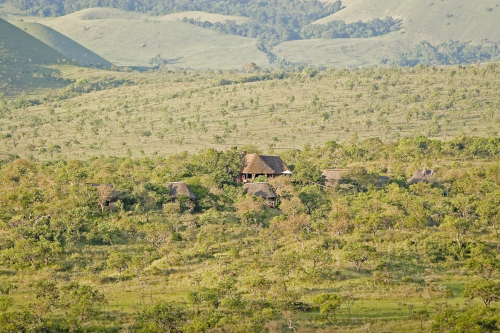
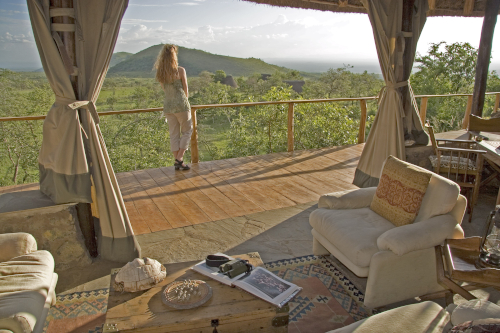
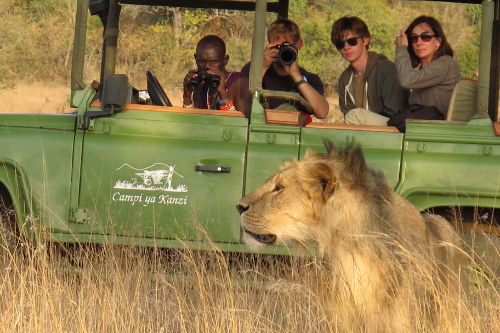
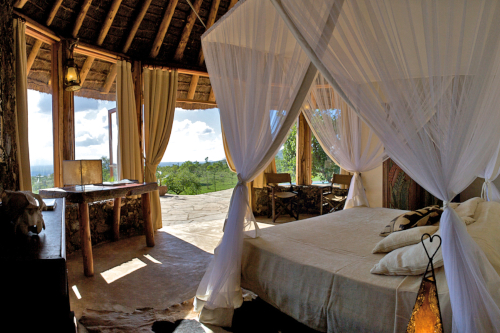
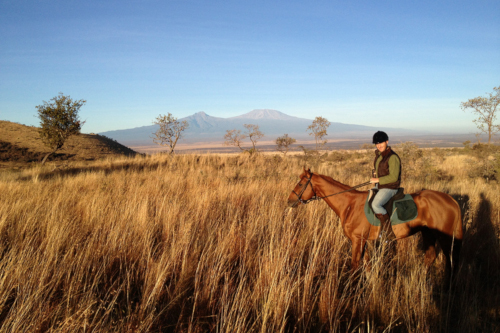
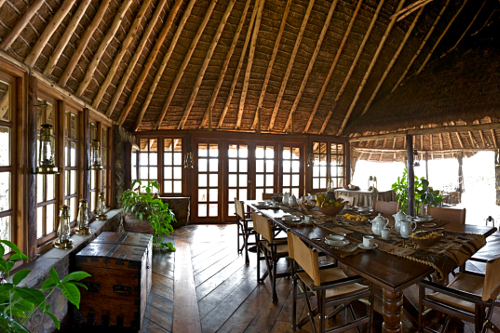
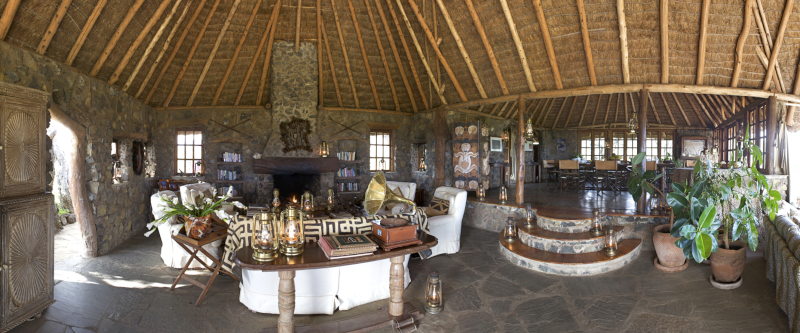
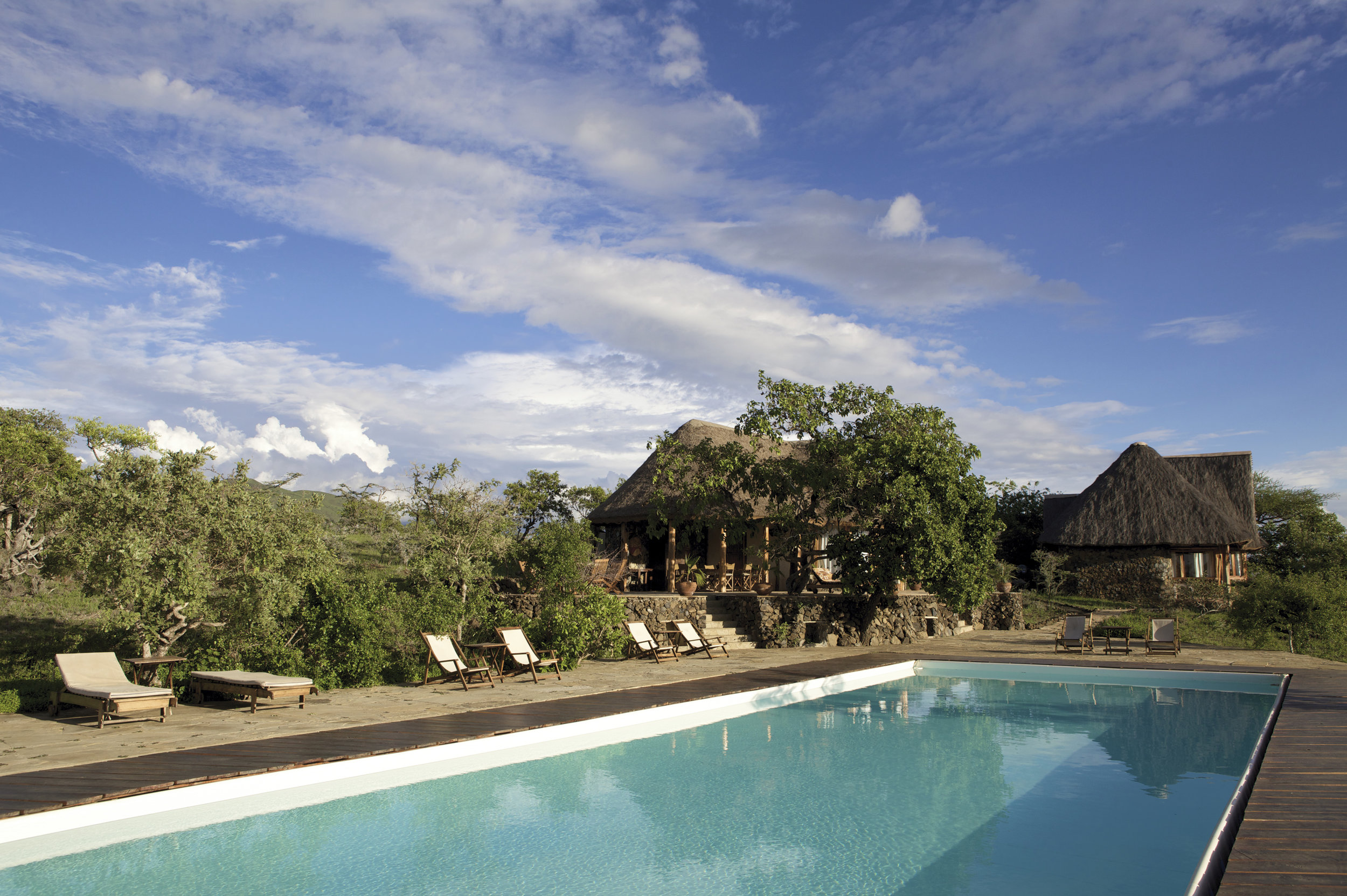
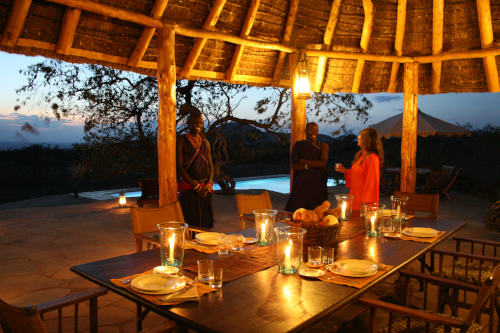
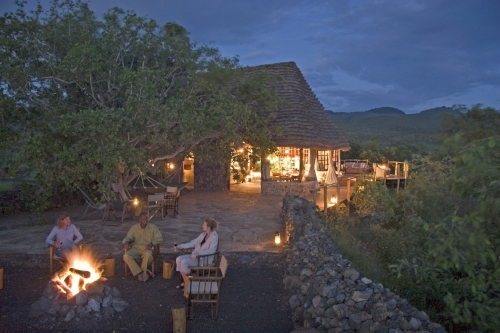
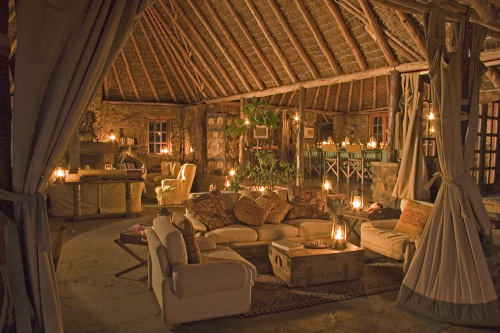
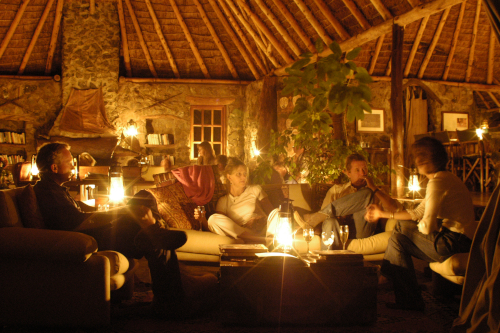
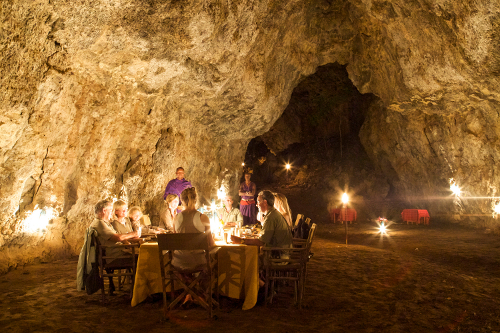
The Place
A very special soul safari: Connect with nature, your inner self and the Maasai.
A true sustainable wilderness adventure and cultural encounter.
The only lodge within 400 square miles, stay with Luca and Antonella, as friends.
+ Accommodation
Tailor-make your trip with the lodge to your tastes, needs, desires, abilities, duration, season and migrations.
6 luxury tented cottages and 2 tented suites (the Hemingway and the Simba). Built on wooden platforms, each has solar electricity and bathroom with hot running water (solar powered), is well spaced for privacy, distinctive artwork, a unique view of wildlife at the waterhole from the porch and named after the beautiful view of the specific hills that they face. Each accommodates 1 or two guests (twin beds or king size), meaning a maximum of 16 guests at the lodge.
Kanzi House: For families with children and guests who prefer not to sleep under canvas, or desire exclusive privacy, this is one of the very few private safari villas that you can rent in Kenya. Sleeps up to 6 adults and two children and includes a Jacuzzi, private vehicle as well as dedicated cooks and waiters. Meals can be taken inside the house or alfresco, where there is also a fire pit. Your host and guide will be Samson Parashina, the son of a Maasai chief, head guide (silver level) and President of Maasai Wilderness Conservation Trust. Alternatively you could additionally book founder Luca to guarantee to host and guide you. Only bookable as one party exclusively.
Swimming Pool Suite: Sleeps two, can be booked separately. Includes massage boma. The 18m pool is sustainably filled by rainwater catchment.
Kanzi House + the Pool Cottage can exclusively accommodate up to 10 people in three double rooms and two twin rooms.
All accommodation bathrooms are en suite with organic products and robes, shower, bidet and basin.
Safe, solar rechargeable flashlights and laundry service are also available.
Tembo House is the heart of Campi ya Kanzi, a club house open to the outdoors where everyone meets and shares experiences or relaxes with a refreshing drink in the spacious lounge enjoying classical music or books about Africa.
Outside is a fireplace and seating for sundowners in front of Kilimanjaro, a seriously romantic setting for sunsets before heading inside for a candle-lit dinner, and for joining in dancing and singing that happens after dinner on many nights under the moon.
+ Eating & Drinking
Meals taken together with hosts Antonella and Luca are more like sharing stories and conversation with friends than being in a hotel, with the finest Italian-African fusion cuisine.
Quality, fresh, daily organic produce is crucial, so vegetables come from the camp’s garden, milk and eggs from the camp’s cows and chickens, and wines from Antonella’s home vineyards in Italy.
Cooking is on Aga stoves, with charcoal made from coffee husks. Only when truly necessary is anything bought from Nairobi, and then in bulk and supporting suppliers who care about the environment.
There’s also an amazing unique experience to go to a Maasai cave where warriors used to hide stolen cattle and dine there to the sound of Maasai singing.
Maasai showroom: The boutique was started when it was realised the Maasai girls were losing the ability to bead. Older Maasai ladies were employed to teach the younger girls beading, and their handicrafts were sold in the shop, later augmented with more Kenyan jewellery, clothing, books, bags and other handmade arts and crafts, bought locally at fair prices.
Sustainability: Visitors are issued with re-usable water bottles to be used during game drives and taken away as souvenirs. When building Campi ya Kanzi, Luca and Antonella also used state of the art technology to ensure their constructions had the lowest impact on the environment. Guests are briefed on energy and water consumption and conservation upon arrival and visual signage acts as reminders in strategic areas.
Renewable energies are used and the camp is completely self-sufficient with water from rain, including in the Kanzi House swimming pool (which would also act as a reservoir for anti-fire if required). All materials used are natural, sustainable and collected locally, such as thatched roofs, lava rock, wood for building and furniture and African raffia linens. Landscaping or tree felling is avoided.
+ Activities & Wildlife
A Maasai warrior takes you on your safari journey, a dream adventure. Being outside the National Parks means that a safari at Campi ya Kanzi is special, as you are not restricted to staying in vehicles. Guests can move about, walk in the bush with a Maasai tracker in his native land (there to keep you safe, armed with a spear), learn about the Maasai medicinal uses of plant and cultural lore, trek to the top of Hemingway’s Green Hills of Africa, visit the Maasai village of the guide, and see wildlife and birdlife, all in front of Kilimanjaro.
The 283,000 acres of the Kuku Group Ranch setting is immense, offering many different natural habitats. The wildlife corridor, between Tsavo West, Amboseli and Chyulu Hills and Mount Kilimanjaro National Parks, brings remarkable biodiversity and huge conservation value to the area. Of course, as wildlife is free to roam, there can be no guarantees of sightings. But the longer you stay, the more you are likely to see zebra, giraffe, the Big Five (elephant, lion, buffalo, rhino, leopard), maybe even rare wild dog and cheetah, and more common wildlife like antelope species and baboon.
You can also take scenic flights around Kilimanjaro, over the Chyulu Hills or take an old-fashioned ‘fly camping’ overnight safari. Visit Tsavo and the famous hippos of Mzima Springs or the David Sheldrick Wildlife Trust orphan elephant reintroduction programme; horse-back ride; undertake meditation or photography courses; and visit the Chyulu Conservation and Research Center.
Plus, there's yoga with the certified resident yoga teacher. There are not many places to practice asana, pranayama and meditation that can top this in-nature immersion, with Mount Kilimanjaro as backdrop!
You can do something new and different every day, for 10 days straight!
Plus, at the Chyulu Club, children can have their own safari in the Chyulu Hills with their own Masaai guides!
- Exploring the savannah, cloud forests, hills and wilderness, they learn how wild animals can be best protected and how we can live in balance with nature, and understand the issues facing the ecosystem.
- Work on artistic projects with the Maasai people to understand their culture and celebrate it.
- Visit local schools to become aware of the area's educational needs and offer practical solutions.
- Participate in wildlife preservation and reforestation projects with the help of specialists from the Maasai Wilderness Conservation Trust, to learn, assess and help solve the planet's conservation challenges.
+ Weather
The camp is open and temperatures are comfortable year-round.
Daytime highs are around 90ºF/35ºC, nighttime lows around 50ºF/14ºC.
The coolest month is July; January and February the warmest.
November's Short Rains may bring several showers per night. Long Rains (April to mid-May), will bring heavy shower nights. During and after the rains, the landscape is particularly lush and attractive, and the elephant population at its peak.
Other times to consider, depending on your travel plans are: February for calving in the Serengeti, July/August and mid to late October for the Great Migration in the Maasai Mara, November-January for a great stay at the coast for a 2-centre trip/
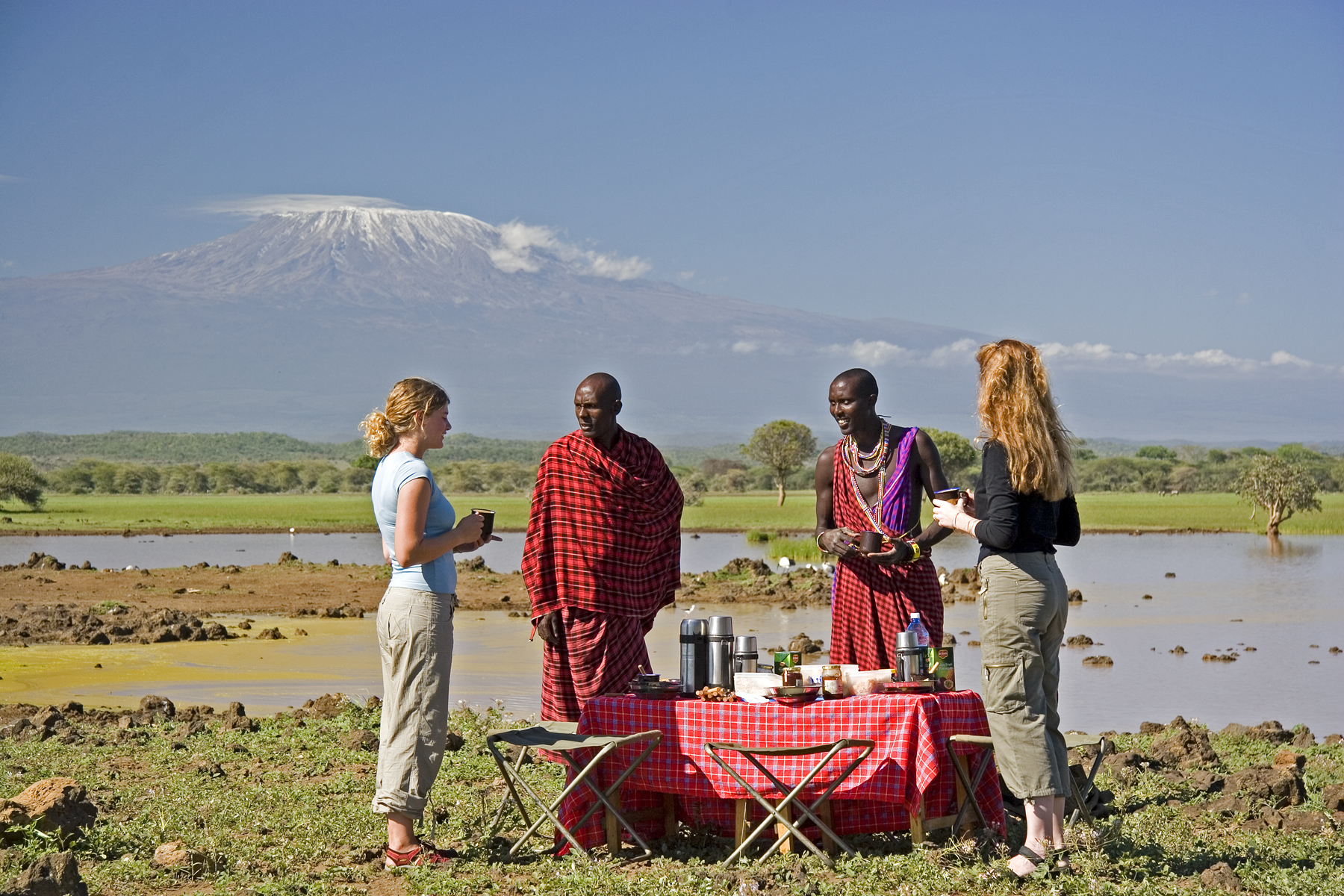
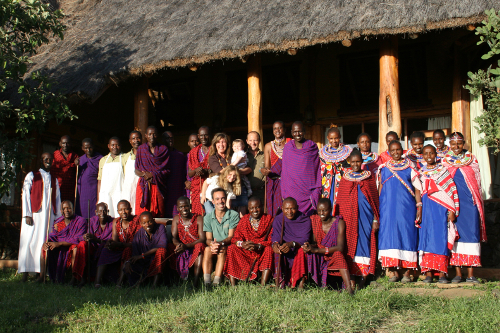
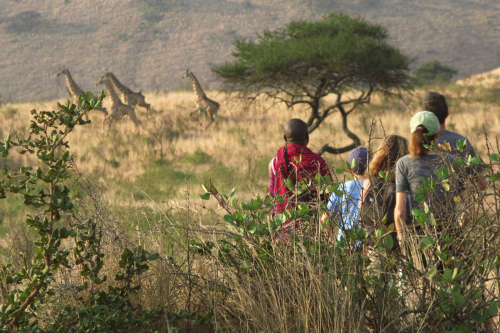
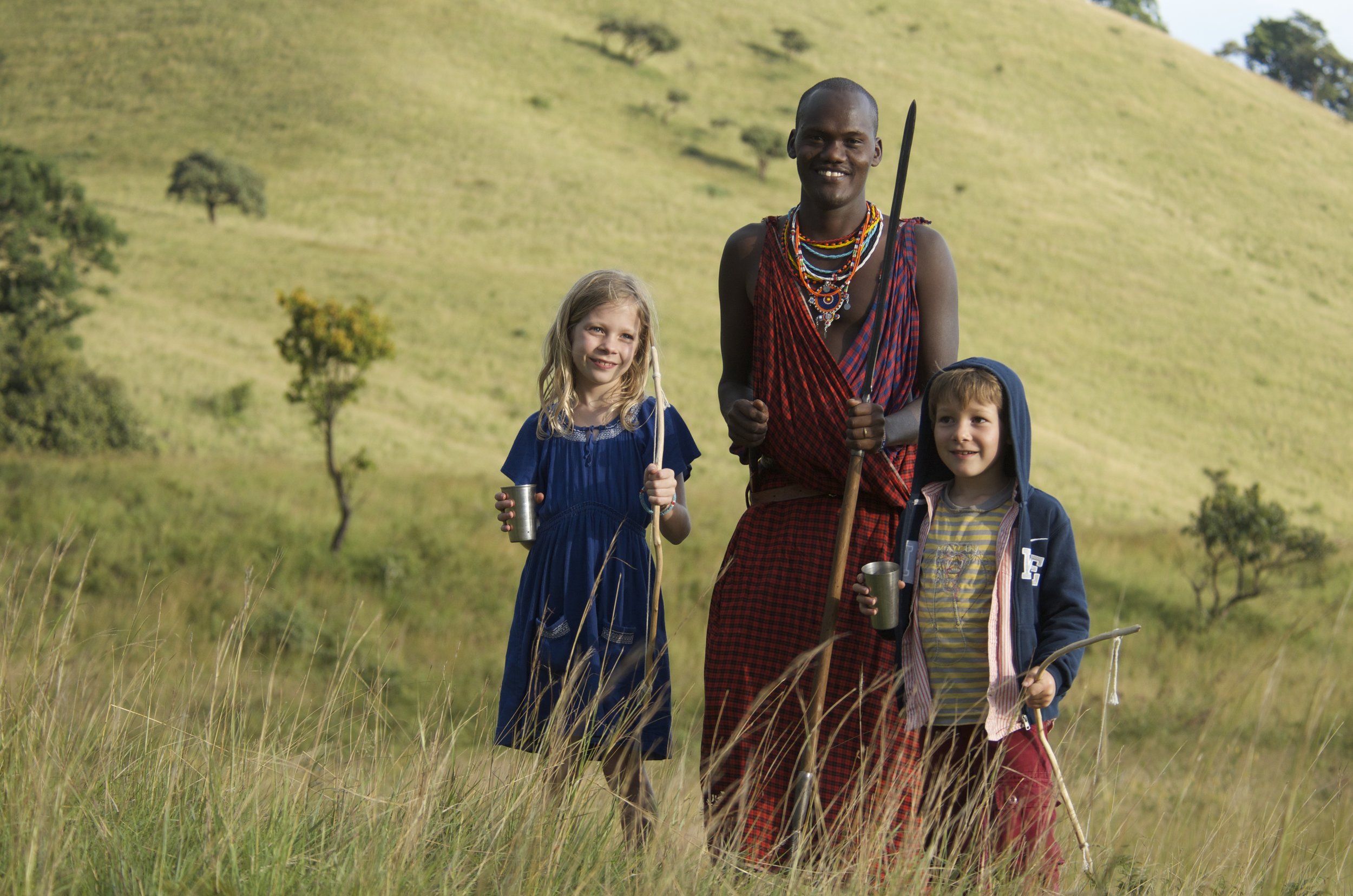
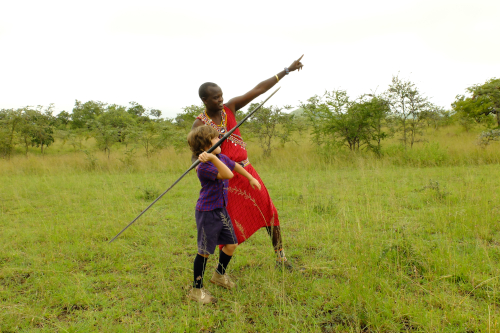
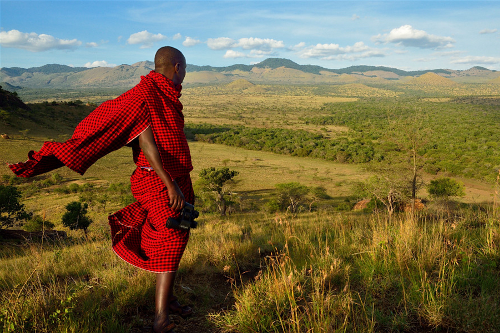
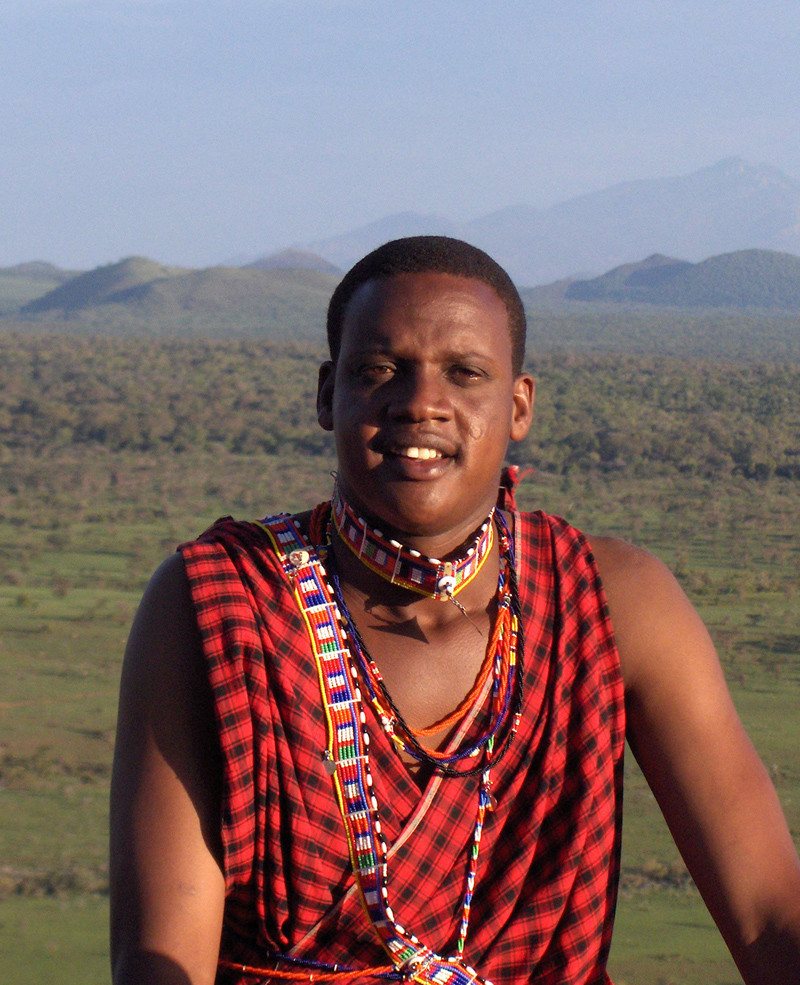
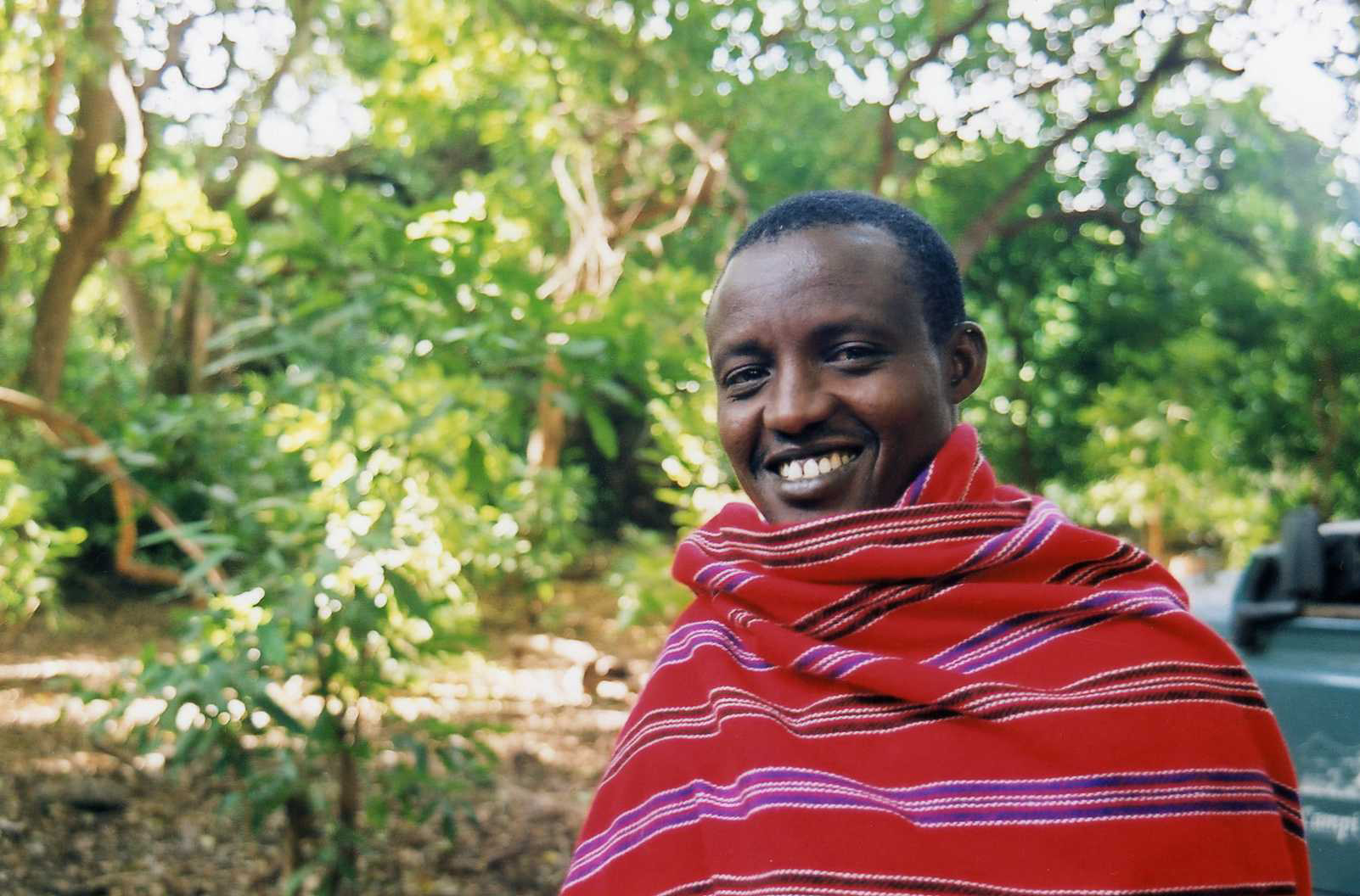

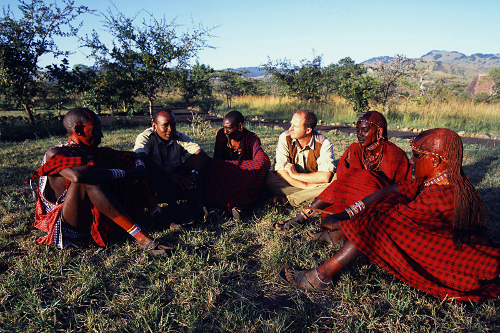

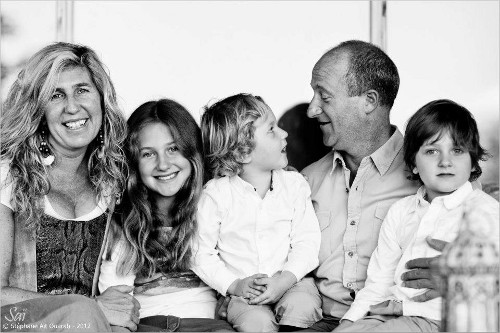
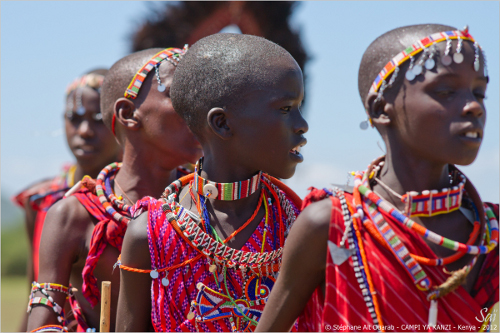
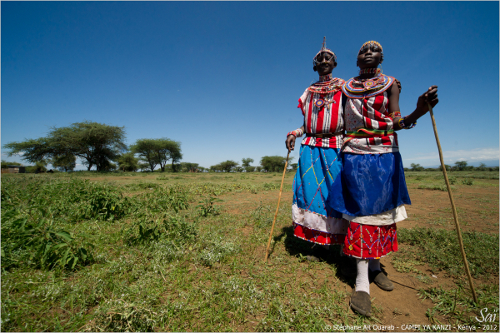
The People
Luca Belpietro and Antonella Bonomi, founder hosts working with the Maasai.
The Maasai are the true hosts, who own and staff Campi ya Kanzi.
The team of over 65 people are from the local Maasai community.
Guides, cooks and housekeepers are all dedicated to making your safari the trip of a lifetime.
+ Community
'Maasai' means people speaking maa. With their iconic red robes and spears, the fearless tribesmen are true to nature and have lived in harmony with wildlife for centuries as nomadic pastoralists herding cattle. Being on safari with a Maasai professional guide is a unique experience, as you are exposed to the animal behaviour and biology, and the Maasai culture and way of life, from the inside.
But despite external pressures to 'evolve' whilst they try to retain their laws and traditions, their land and ecosystem is under threat. Campi ya Kanzi was created and runs in partnership with the Maasai – as part of the Maasai Wilderness Conservation Trust - to protect the Maasai and their land, and enable the community to continue to live their culture and traditional way, if they wish. This is supported by the daily conservation fee.
+ Staff
Head Guide and President of Maasai Wilderness Conservation Trust is Samson Parashina, who received a university education in social science for the good of his community thanks to the trust, and was celebrated and named ‘Champion of the Earth’ by UNEP at Rio+20. Working alongside are guides Muli, Pashiet, Parashi and tracker Matasha.
Aside the founders, the staff of Campi ya Kanzi consists of local Maasai people, specially trained for their positions at the camp, who benefit directly from the camp’s revenues so the success of the camp contributes to the local community and conservation.
+ Patron
American actor Edward Norton came as a guest, left as a friend and later became President of the US Board of the Maasai Wilderness Conservation Trust.
Having learnt from his conservationist father, he saw a significant global model in the integrity Campi ya Kanzi showed in doing – not just talking about – working with communities for conservation, in such an ecologically and spiritually astonishing place. “No one delivers a more authentic community experience than Luca and Antonella.”
Edward Norton said (The Telegraph, Oct 2015),
It's "unlike anywhere else. But then, it's for someone who wants something other than a manufactured experience. I personally don't want perfect waiters, and big [swimming] pools that deprive communities of their water. I want to go to a place where I can interact with people with the same concerns and needs, but whose culture is very different; where I can see incredible ecosystems and wildlife; where I can walk in forests, get out of my Jeep, and not see any other tourists."
“This is peoples’ home, so you get a different encounter. You realise there is a commonality between us all, a connectedness. And when you walk those hills, climb those rocks, talk to those people, you want to protect their land too – because you realise we are all one.”
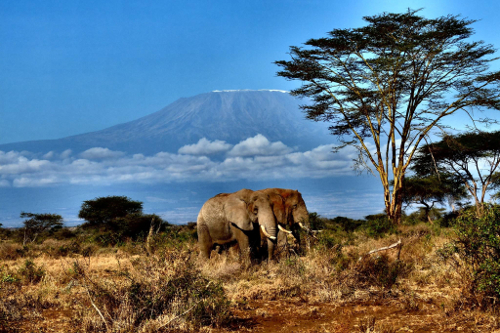
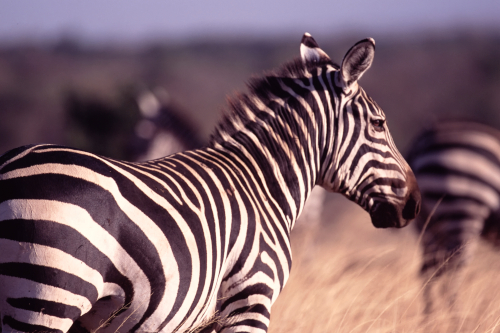

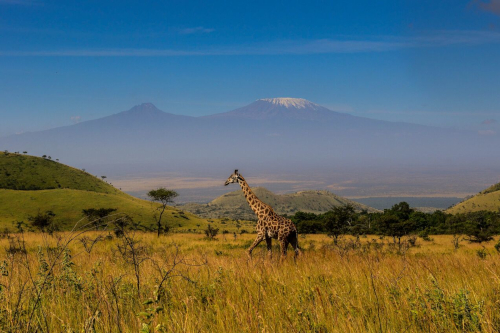
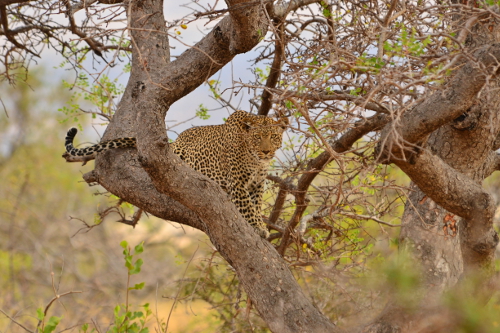

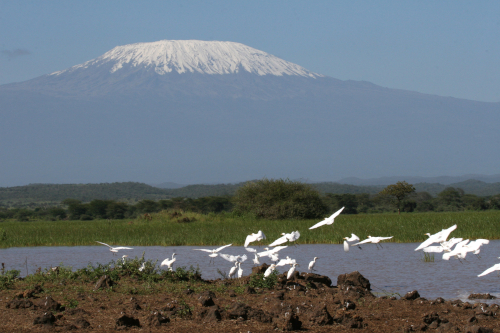

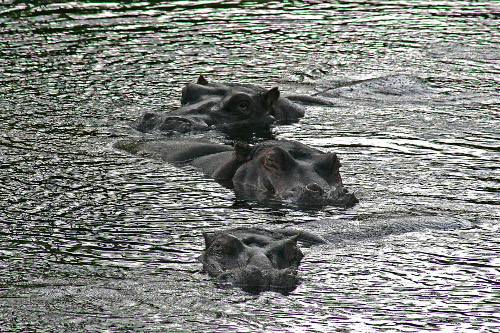


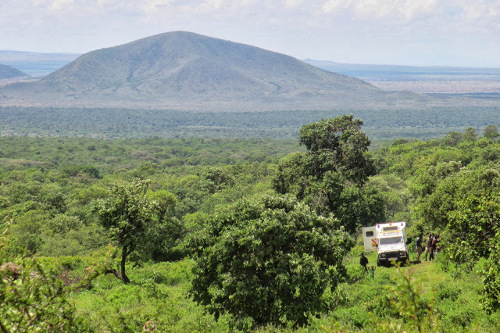
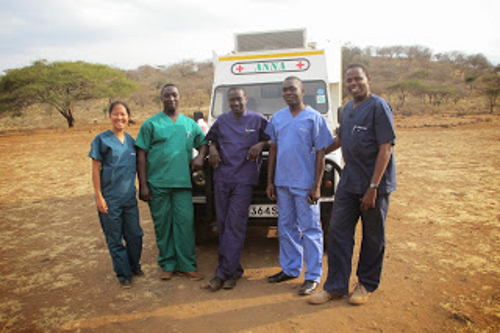
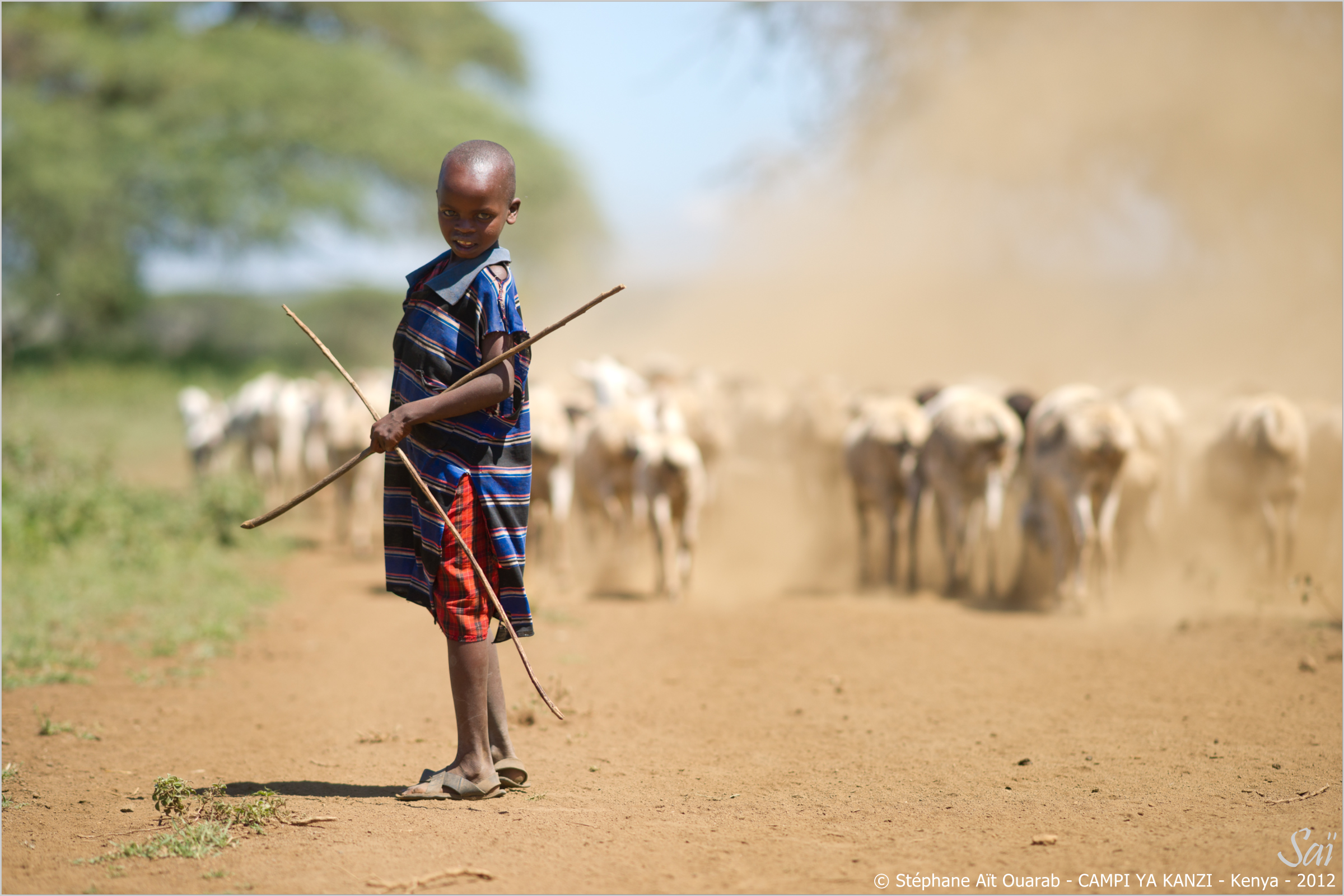

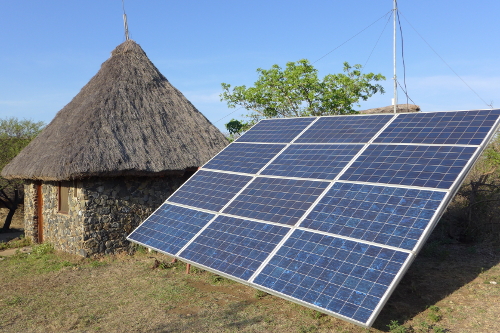
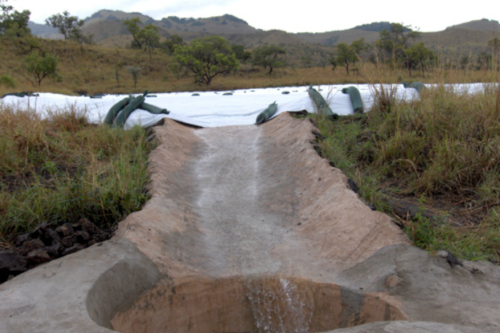
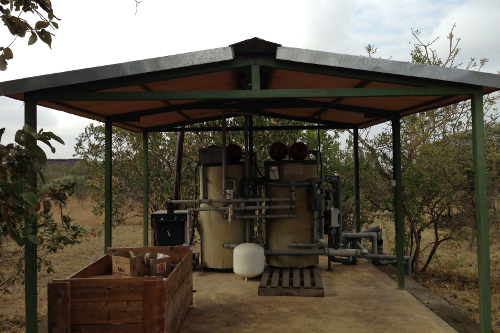
The Purpose
Mission: To preserve the Maasai wilderness, wildlife and cultural heritage and the Greater Kilimanjaro Ecosystem.
To deliver the highest possible conservation dividends to the Maasai landlords to continue to prove thriving wilderness and wildlife is their best economic resource.
Real involvement of the Maasai: run by and for the community.
Carbon footprints minimised and offset: only renewable energies used.
Enable & support Maasai to create and run sustainable development programmes.
So far benefitted over 10,000 people in conservation, education and health
+ Conservation
Campi ya Kanzi is run by the community as the ecotourism partner to the Maasai Wilderness Conservation Trust and aims to deliver the highest possible conservation dividends to the Maasai landlords, to continue proving that thriving wilderness and wildlife is their best economic resource.
- Carbon footprints: Minimised and offset: Only renewable energies are used – photovoltaic panels for electricity; electric Land Rover for a game drive vehicle; solar boilers for hot water; and all food is cooked in stoves using a charcoal made from coffee husks, approved by the United Nations Environment Programme.
The limited emissions that occur are offset in the MWCT REDD+ Chyulu Carbon Project and all guests are charged a nominal fee for the carbon generated during their stay. (see more below)
- Waste: Organic waste is composted and used on the vegetable garden. Glass, plastics, cardboards and papers are recycled. Any non-recyclables go in an incinerator specially built on a UN recommendation to minimize impact. Some goods are reused and upcycled, such as waste tyres given to the Maasai community to re-use as water troughs for cattle, tetra packs re-used to grow tree seedlings and glass bottles re-used to serve drinking water in guest tents.
- Energy consumption: Measured and monitored monthly, with sub-meters in all guest rooms. Carbon footprint zero is achieved.
- Water: Self-sustaining. All water needs are fulfilled through a rainwater catchment range of approximately 12,000 square metres and water storage of approximately 1,600,000 litres in special PVC bladders. This eliminates additional pressure on already-sparse wells, and the time and fuel required to bring water from many miles away. Black and grey wastewater is specially filtered through a three chambered process, then recycled to irrigation and a waterhole used by wildlife, providing them with valuable water and maximizing guests’ wildlife sightings. Low energy dish washers and washing machines are used to save on water consumption, and ecological soaps for perfect chemical purity of water. Water meters monitor consumption. Water carbon footprint zero is achieved.
- Construction environmental impact: Using sustainable materials and minimising any landscaping and felling.
- Employing locally and training locals: Campi ya Kanzi has a staff of 65 Kenyans, 90% of whom are local Maasai. All guides, trackers, maids and waiters are Maasai from the community.
- Buying locally where sustainable: Sometimes, local buying is a false, unsustainable economy which can lead to greater land division and destruction. Where necessary, buying from Nairobi in bulk, from suppliers who care about the environment can be the more sustainable option.
Conservation Fee: $116 ($151 for Kanzi House) per visitor night spent at Campi ya Kanzi is paid directly to the Trust, to enable and support the Maasai community to create and run sustainable development programmes to preserve the critical ecosystem and culture. Programmes have impacted over 10,000 people through conservation, education and health.
- Land conservancies: 90% of the wildlife population of Amboseli National Park lives in Maasai land for part of the year, so it is crucial that Maasai landlords earn economic benefits to protect the wilderness status of their land and its wildlife. The already-established Kanzi Conservancy 5,000 acres of grassland, and the Motikanju Conservancy, 7,000 acres of wetland and grassland, do not allow farming and grazing; land is solely dedicated to wildlife. The aim for a third conservancy around a key water source adds to the vision for a network of conservancies to constitute over 150,000 acres of the most important ecological zones, with long term management deals supporting good stewardship and alternative community livelihoods and supported by international NGOs.
- Wildlife research & protection: There are over 100 local rangers and ‘Simba Scouts’ employed to monitor activities in the ranch, combat poaching, and track and protect predator lions, cheetah and hyenas. The successful ‘Wildlife Pays’ compensation program incentivises Maasai herders for good behaviour of not killing, but protecting wildlife that predates their cattle. The program rigorously assesses and fairly compensates for claims for livestock killed, to a maximum quarterly budget, fully funded by Campi ya Kanzi’s conservation fee (not philanthropy). It benefits the wildlife, the tourism, and the community for the long term, and sets a new Payment for Ecosystem Services (PES) model for global ecotourism to move beyond minimising negative impacts to maximising positive impacts on the local ecosystem, viably and sustainably. Game scouts also ensure there are no water diversion, no bush fires and no illegal cutting of wood.
- A partnership with Zoological Society of London (ZSL): To develop standard species monitoring protocols with Tsavo National Park. The partnership works to help understand long-term trends of abundance and distribution of key wildlife species with solid scientific assessment of the impact of conservation programs. Holistic rangeland management practices and participatory restoration have been implemented, using a rotational method to reduce environmental degradation and promote sustainable land management.
- Further Payment of Ecosystem Services: Aimed at sustainable use of water resources.
- The first REDD+ Carbon Project for Maasai communities: A UN climate change mitigation strategy through biodiversity and active forest, deforestation and degradation protection and alternative livelihoods for local communities. It’s a 30-year project between 9 organisation partnerships under the Verified Carbon Standard (VCS) and Climate, Community and Biodiversity (CCB) standards, protecting 1,000,000 acres which can prevent 37 million tonnes of CO2 emissions. 2017 saw the first carbon credits sale, to Tiffany&Co. Your stay includes a fee for its offset, and you can buy further carbon credits if you wish. Guests who express an interest can receive a full presentation of the projects at the MWCT headquarters.
+ Education
In partnership with the Ministry of Education:
- Employment: Of 56 certified teachers and 12 school support staff in 22 schools, with over 8000 students and a scholarship program for 47 students thus far, as well as providing school supplies and support for extra-curricular activities, school clubs and sports clubs. Maasai elders are also employed to assure Maasai lore is transmitted to pupils attending school.
- Construction: 8 classrooms, a 2 bedroom head teacher's house, a modern library complete with books and computers, and piped water and solar power for Iltilal Primary School, offering education for more than 1,000 children: The only special school in the region, highly gifted students come from all over Kuku Group Ranch to board and study at the Kanzi Academy.
- Kanzi Academy: Purpose-built for the best pupils in the area, teaching a combination of the Kenyan and British curriculum, to prepare students for leading national and international schools and to develop future community leaders and role models.
+ Health
In partnership with the Government of Kenya and Ministry of Health for the 16,000 strong Maasai community over the 283,000 acres Kuku Group Ranch:
- Employment of the only doctor in the area
- Support of health facilities: 4 sustainably solar-powered with dispensaries and one clinic equipped with modern laboratory for enhanced diagnosis and treatment with a lab technician and 7 support staff.
- The only ambulance operated in the area.
- Health outreach to remote areas, resulting in greater child immunisation, prenatal care, early disease detection and treatment including for breast and cervical cancers.
- Regular friendly youth sports tournaments to encourage health education, promotion, awareness and counselling including for Female Genital Mutilation (FGV) and HIV/Aids, including voluntary testing. Please contact us if you are a qualified doctor, nurse, dentist or teacher who can volunteer your services to the Maasai people.
MWCT has pioneered very rigorous accountability for how conservation benefits and revenues flow into the community.
Here, everything combines to a genuine, profound, immersive and unforgettable experience.
“Being eco-friendly isn’t about awards. We want to ensure the Maasai have the best choice of a protected healthy environment and economic income is a sustainable way, for years to come.”
Enquire with us & we connect you directly to the destination so locals benefit more.
Earth Changers Plus: Receive a free sustainability tour
It's "the real deal: a camp that is in the upper, upper, upper sphere of places with real credentials when it comes to working with community and protecting the environment" - Edward Norton, 2015
Campi ya Kanzi Options & Rates
Getting There:
All you need do is get to Nairobi International Airport, where a Campi ya Kanzi host will meet you and look after the rest! If early enough in the day, you can transfer direct to the camp, otherwise you’ll need to overnight at a Nairobi hotel.
You can transfer the 200 miles by 4WD by road (maximum 4 passengers) which takes approximately 6 hours: from $600 one way per vehicle, +$75 per person for Tsavo National Park entrance fee.
Alternatively, take Campi ya Kanzi’s own air services - a 6-seat Cessna 206, which takes one hour and operates 7 days a week: from $450 per person one way, with a minimum of 2 passengers and maximum total luggage allowance of strict 15 kg (35 pounds) per passenger, in soft duffle bags, not armoured cases or wheels.
Guests can even be transferred by private plane to/from other destinations such as a Maasai Mara trip witnessing the Great Migration, Mombasa or Malindi.
Campi ya Kanzi staff can organize all aspects of your safari from arrival in Nairobi, including hotel reservations, transfers, flights and bookings at other camps and lodges in East Africa.
Rates: Campi ya Kanzi or Chyulu Club
per person, per night Sharing / Single occupancy / + Child in 3rd bed
(Child age 6-17; children 0-5 stay free)
Luxury Tented Cottages: $1100 / $1400 / $550
Luxury Tented Suites (CyK): $1400 / $1,750 / $700
Guides: $250
Conservation fees directly support the projects of the Maasai Wilderness Conservation Trust:
Luxury tented cottages & luxury tented suites: $125 per adult per night and $60 per child per night
Guides: $60
Included: Accommodation • full board • drinking water, wine, beer, spirits, soft drinks • laundry • safari activities: game drives in open Land Rovers & EV game drives (suites), guided walks, hikes, bush meals and picnics • Maasai cultural village visits • birdwatching • star-gazing • horseback riding (CyK) • cloud forest walks (CyK) • visit Maasai Wilderness Conservation Trust Research Centre/programs • Organic farm visit • Carbon emissions offset.
Excluded: Flights • champagne, special wines and spirits • optional excursions to national parks • fly camping • air excursions • scenic flights • yoga • massages • guaranteed cave dinner • gratuities • Guaranteed hosting and guiding by Luca Belpietro costs $3000 per party per day, minimum 3 days.
Awards & Accreditations
2015 Positive Luxury Award - Winner
2015 World Travel Award - Africa's Leading Ecolodge – Nominee
2015 We Are Africa Innovation Awards - Engage Africa / Conserve Africa / Shape Africa – Nominee
2014 Travel + Leisure's Global Vision Award –Winner
2014 We Are Africa Innovation Award - Community Engagement – Nominee
2012 The Equator Prize of the United Nations Development Programme Equator Initiative - recognizing outstanding community efforts to reduce poverty through the conservation and sustainable use of biodiversity – winner Maasai Wilderness Conservation Trust.
2012 United Nations Development Programme - Champions of the Earth - MWCT Chairman Samson Parashina.
2008 Conde Nast World Savers Award
2006 Tourism for Tomorrow Award in 2006 (supported by the World Travel Tourism Council and sponsored by various organizations such as British Airways, BBC World and Newsweek) - winner
2006 Eco Warrior Award (supported by Ecotourism Kenya).
2005 Skal Ecotourism Award - winner
2004 Word Legacy Award (supported by the National Geographic Society and Conservation International) – finalist.
2002 Gold rated by Ecotourism Kenya (first lodge in Kenya to be)
If your idea of luxury safari is one of fancy rooms and unsustainable generator and water use, then Campi ya Kanzi is probably not for you.
But this is the luxury of a retreat from the hectic modern world, sundowners overlooking Kilimanjaro with the privilege of a Maasai tracker in wilderness with no other lodges, energy and water from the elements, and precious memories in a unique place with special hosts for a very exclusive and personal experience and life-changing soul journey. Read the story of founder Luca Belpietro and the creation of Campi ya Kanzi and the Maasai Wilderness Conservation Trust.
Terms & Conditions:
At Campi ya Kanzi, safety comes first. No guest has ever been injured. However, it is not a zoo, but an area where wild animals roam free. A professional guide and Maasai trackers escort each safari. On arrival you will be requested to sign a release of liability form. This is a requirement should you like to join game walks.
Cancellation Policy: A charge of 30% is required on booking. This includes a 10% non-refundable deposit. Cancellations made 45 to 90 days ahead of time incur a 30% charge. Cancellations made less than 45 days ahead of time incur the full cost of the booking.
Enquire with us & we connect you directly to the destination so locals benefit more.
Earth Changers Plus: Receive a free sustainability tour






